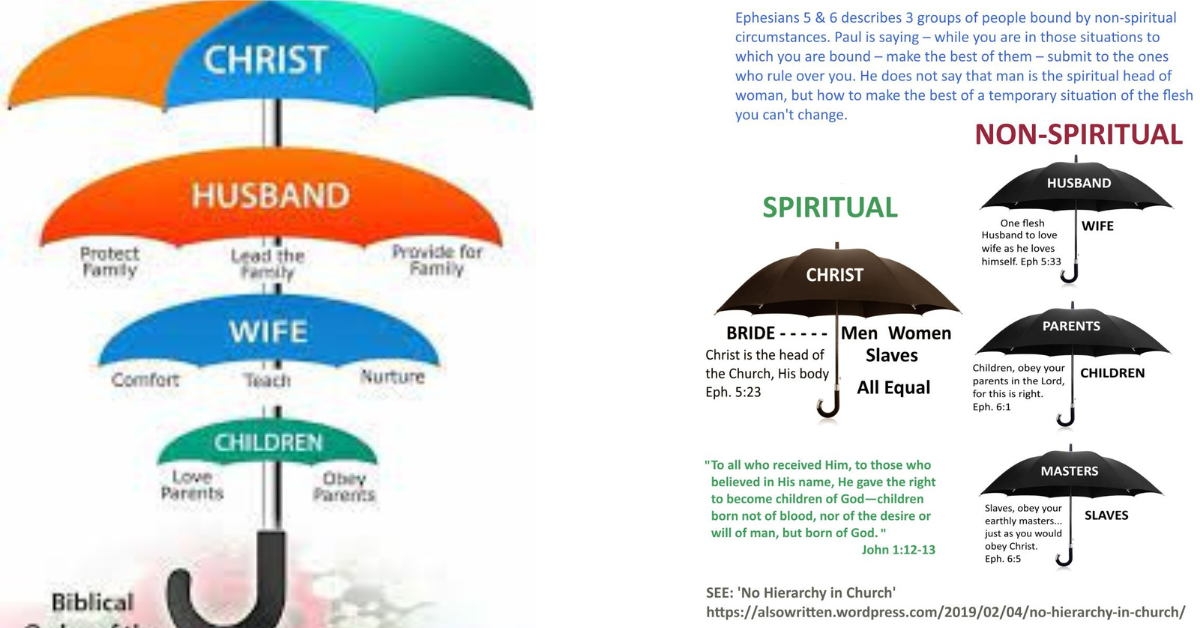The phrase god first family second scripture is a complicated one that can signify different things to different people based on their own beliefs and the situation. Here are some viewpoints to think about:
god first family second scripture
Biblical Foundation:
Texts that uphold God’s primacy include Matthew 6:33, where Jesus commands us to “seek first the kingdom of God and his righteousness, and all these things shall be added unto you.” All other verses also emphasise the importance of God.
Family-supporting texts: Some passages emphasise the value of family, such as Ephesians 5:21–25, which describes how men and wives should submit to one another and to Christ.
Interpretation and Difficulties:
Prioritisation hierarchy: While some interpret the remark as an emphasis on fundamental principles, others regard it as a rigid priority ladder that implies ignoring family for the sake of God.
Balance and context: It’s important to comprehend both the general situation and the unique situations. To understand god first family second scripture a parent might put the needs of the family first, but a young adult might prioritise developing their spirituality.
The Bible as a source of guidance: the Bible provides guidelines, not strict rules. Interpretation calls for introspection and the application of those ideas to particular circumstances.

Read more
good excuses for not giving money
live simply so others may simply live
Different Viewpoints:
Interdependence: Proponents of a more integrated approach contend that a loving family reflects God’s love and that a commitment to God enriches family life.
Individual calling: In the end, it is up to each person to identify their own calling and set priorities based on their stage of life and religion.
Scripture and Application:
Recognising Context: While some texts stress the importance of family responsibilities (Ephesians 6:4), others (Matthew 6:33) emphasise the priority of God. It becomes clearer how these ideas apply in various circumstances when one looks at the context of each chapter and takes the audience into account.
Life Stage and Circumstances: While a parent tending to little children may concentrate on family necessities, a young adult forming their faith may instinctively prioritise spiritual exploration. A more nuanced approach is possible when priorities are recognised and modified according to life stage and circumstances.
Individual discernment: The Bible offers direction rather than absolutes. In the end, each person needs to consider issues such as: How does my faith influence my role in my family? How can I strike a balance between my obligations to my loved ones and my devotion to God?
Beyond the Trichotomy:
Integration and Interwovenness: Some advocate a more cohesive approach in which scripture, family, and faith are all seamlessly woven together. A holistic perspective on life is the result of the interactions and influences between the principles, practices, and insights from each domain.
Personal Callings: Everybody’s experience with faith and familial ties is different. One way to personalise the idea of “God first, family second” is to identify one’s own gifts, interests, and calling within the framework of family responsibilities.
Recall that there is no one-size-fits-all method for handling this difficult subject. Finding the most meaningful way to apply these concepts in your own life requires self-reflection, open-mindedness, and ongoing communication with people you can trust.
The term of “god first family second scripture” ultimately acts as a springboard for introspection and spiritual development. To find the most significant application for your own life, it’s critical to practise introspection, pray, and have candid discussions with reliable people.















